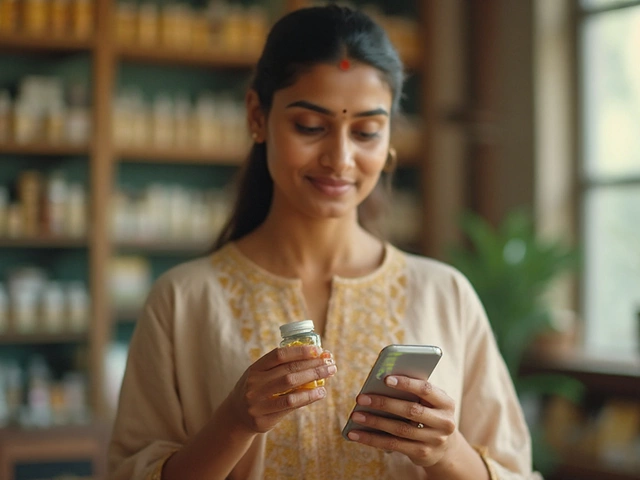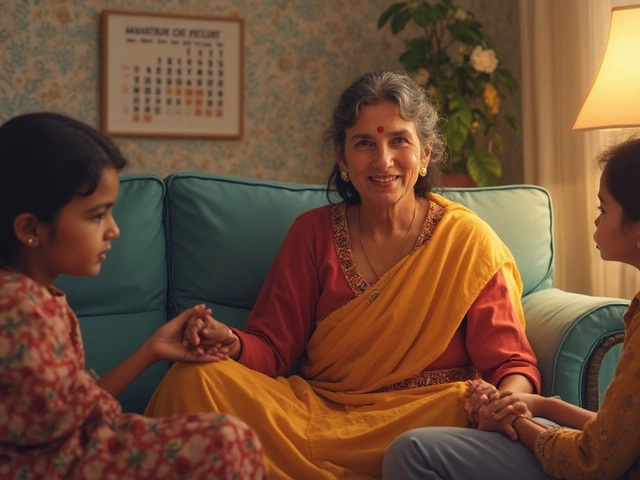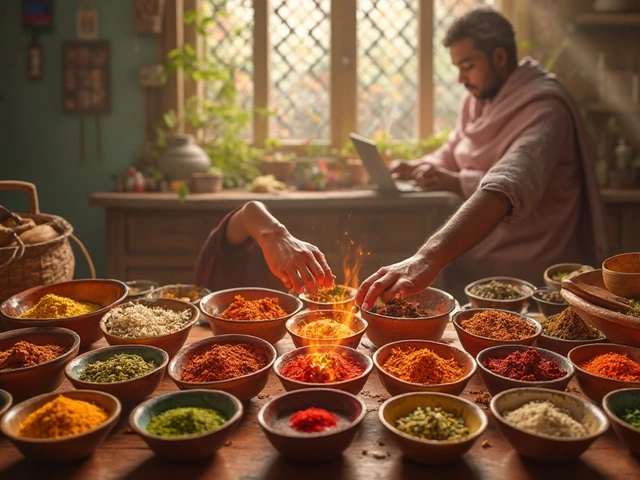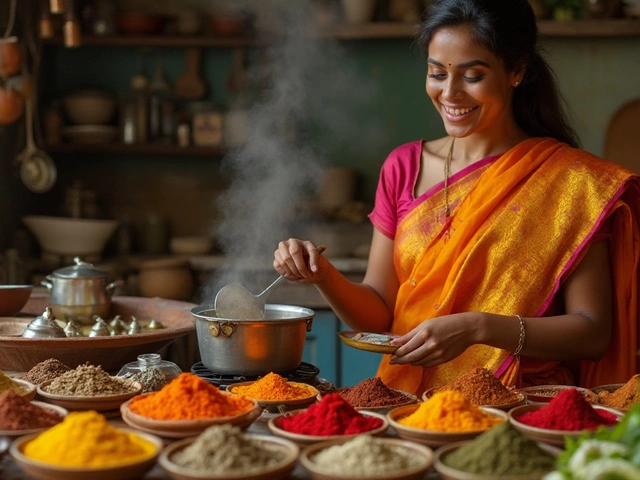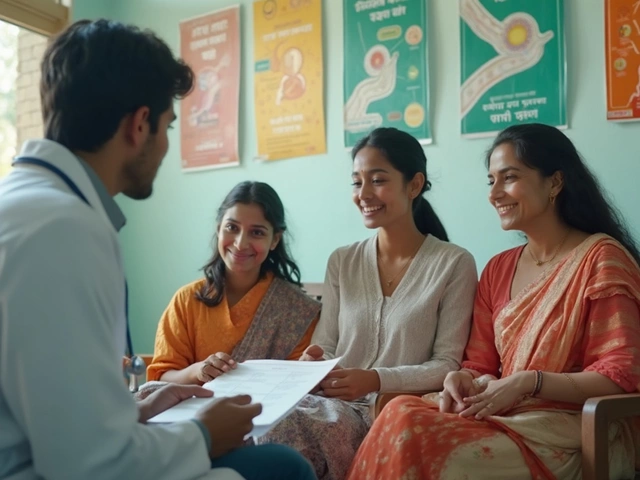Cardiac Health: Simple Ways to Keep Your Heart Safe
If you’ve ever wondered why your doctor keeps asking about your heart, you’re not alone. The truth is, heart problems sneak up when we ignore everyday habits or take medicines that aren’t fully safe. On this page we’ll break down the most common heart risks you face in India and give you quick, practical steps to protect your cardiac health.
First off, don’t think cardiac health is only about big things like cholesterol pills or surgery. Small choices add up fast – a daily cup of tea with too much sugar, skipping a short walk, or grabbing a cheap over‑the‑counter pain reliever without checking the label. Understanding how these tiny actions affect your heart can save you from bigger problems later.
Common Medication Risks for Your Heart
Many people assume all medicines sold in pharmacies are safe for the heart, but that’s not always true. In India, some generic drugs contain hidden ingredients that can raise blood pressure or trigger arrhythmias. For example, certain non‑steroidal anti‑inflammatory drugs (NSAIDs) like ibuprofen can increase the workload on your heart, especially if you already have hypertension.
Even herbal supplements are not exempt. Some Ayurvedic formulations include heavy metals or high doses of herbs that interact with heart‑specific drugs such as beta‑blockers. Before you start any new supplement, ask your pharmacist to check the ingredient list and verify that it’s approved by the Drug Controller General of India.
Another silent danger is the misuse of prescription drugs bought online. A popular trend is ordering “weight‑loss pills” that contain hidden stimulants similar to ephedrine. These compounds can cause rapid heartbeats, palpitations, and in severe cases, heart attacks. Always get prescription medicines from a licensed pharmacy and keep a copy of the prescription handy.
Finally, remember that drug interactions are a two‑way street. If you’re taking multiple medicines – say, a diabetes drug and a cholesterol‑lowering statin – they may affect each other’s metabolism, leading to higher levels in your bloodstream and extra strain on your heart. Use a medication tracker app or a simple notebook to note down every pill you take, including the dose and timing.
Everyday Habits That Boost Cardiac Health
Now that you know what to avoid, let’s focus on what to do. The first habit is moving more. You don’t need a gym membership; a brisk 20‑minute walk after dinner can lower blood pressure and improve circulation. If walking feels boring, try dancing to your favorite Bollywood songs – the rhythm keeps your heart rate in a healthy zone.
Second, watch what you eat. Indian meals are delicious but often packed with deep‑fried snacks and sugary drinks. Swap a fry‑heavy samosa for a roasted chickpea snack, and replace soda with lemon‑water or buttermilk. Adding a handful of nuts or a spoonful of flaxseed to your breakfast cereal provides omega‑3 fats that protect heart vessels.
Third, manage stress. Chronic stress raises cortisol, which can increase blood sugar and blood pressure – both bad news for the heart. Simple breathing exercises, a five‑minute meditation, or even chatting with a friend can bring your stress levels down fast. If you feel anxiety spikes after reading health news, limit your screen time to 30 minutes a day.
Fourth, sleep matters. Skipping sleep or sleeping irregularly messes with the heart’s rhythm. Aim for 7‑8 hours of consistent sleep, and create a cool, dark bedroom environment to keep your body’s internal clock steady.
Lastly, regular check‑ups are a must. A simple blood pressure reading at your local clinic, a cholesterol test, and an ECG every few years can catch problems early. If your doctor suggests a cardiac risk assessment, take it seriously – early detection means simpler treatment.
In short, protecting your cardiac health in India is about being aware of hidden medication risks, choosing heart‑friendly foods, staying active, and keeping stress low. Follow these tips, stay curious about the medicines you take, and you’ll give your heart the best chance to stay strong for years to come.

The Riskiest Surgery Ever: Diving into the World of Heart Operations
Heart surgeries are often labeled as one of the riskiest medical procedures, with intricate operations like coronary artery bypass grafts and heart transplants taking center stage. These surgeries save countless lives but come with their own set of challenges and risks. Understanding why these procedures are considered so perilous can offer insights into both the advancements in medical technology and the human body's intricacies. Explore the complexities involved and learn about the latest developments in making these life-saving surgeries safer. Delve into the heart of medical innovation with an eye-opening look at why heart surgery stands at the pinnacle of surgical risk.
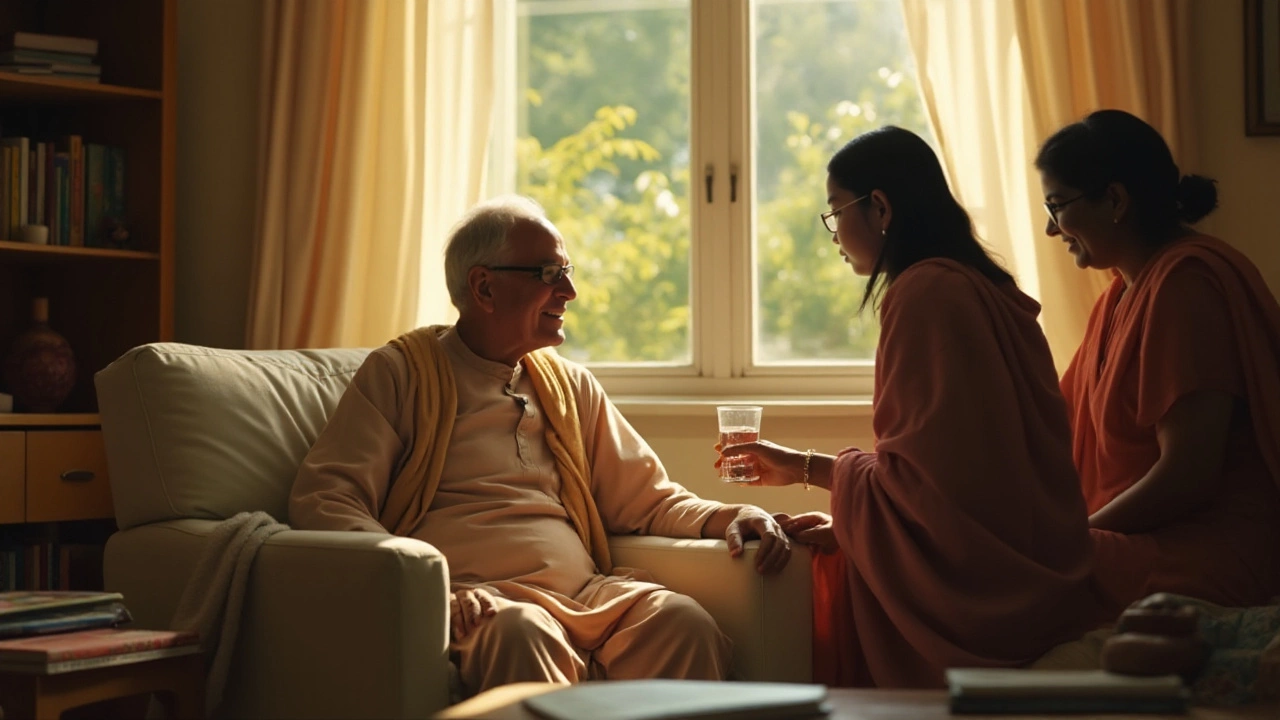
Challenging Heart Surgeries: Recovery Insights and Tips
Recovering from heart surgery can be a demanding journey, both physically and emotionally. Among these, open-heart surgeries like coronary artery bypass grafting are particularly challenging. These surgeries require significant healing time, vigilant care, and lifestyle adjustments. We will explore the complexities and provide tips for a smoother recovery.
